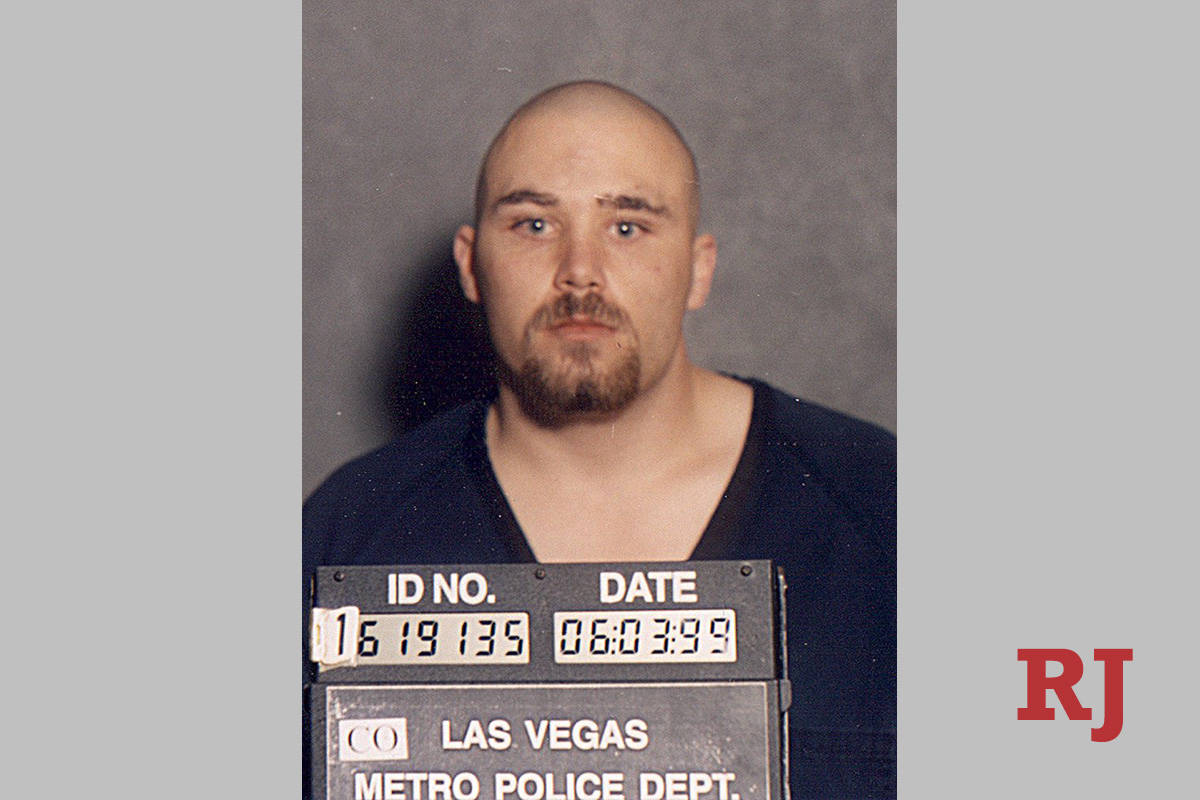VICTOR JOECKS: Some murderers deserve the death penalty
It’s easier to support the death penalty when you consider what those on death row were convicted of doing.
On Tuesday, Assembly Democrats unanimously voted for Assembly Bill 395, which would ban executions in Nevada. Assemblyman Steve Yeager, the primary legislator responsible for the bill, called capital punishment “inhumane.” Holly Welborn, policy director for the ACLU of Nevada, labeled it a “barbaric practice.”
Death penalty cases do involve actions that are inhumane and barbaric — the exceptionally heinous crimes committed by criminals.
In 2006, Tamir Hamilton raped, tortured and killed 16-year-old Holly Quick in the girl’s bedroom. “He took his time,” Washoe County District Attorney Christopher Hicks testified. “He stabbed her over 40 times and nearly decapitated her. Holly’s mom found her the next morning.”
Clark County District Attorney Steve Wolfson is currently seeking the execution of Zane Floyd. In 1999, Floyd walked into a West Sahara Albertsons with a shotgun and killed four employees. There is video of the attack.
Inhumane. Barbaric. Those descriptors fit the crimes above.
Compare that to the death penalty, which Nevada prosecutors can’t seek unless there’s murder with an aggravating circumstance. That can include rape, torture or multiple victims.
No matter how horrible the crime, the accused has the right to a lawyer and jury trial. The trial takes place in a climate-controlled courtroom, at least pre-coronavirus. Armed guards protect the accused from anyone who’d do to him what he’s accused of doing to his victim.
If the accused is convicted, the jury must conclude that the death penalty is appropriate. Nevada law also requires a mandatory review of death sentences. Years of appeals are standard in these types of cases.
If a convicted killer is executed, he dies by a lethal injection process that is supposed to minimize physical discomfort. That may not always be the case. But if euthanasia is painless enough for lawmakers to consider legalizing, this objection to capital punishment doesn’t hold.
This process is full of safeguards, precisely because it values humanity, even the humanity of one accused of a horrible crime. That’s important.
Yes, the fallibility of government is a major concern when someone’s life is on the line. Barbaric practices usually don’t include checks and balances, either.
That leads to a more philosophical debate. Yeager asserted, “The government simply should not be in the business of killing.” That’s a nice-sounding sentiment, but it misses the point.
Government’s fundamental job is to protect people’s life, liberty and property — and sometimes that requires killing people. On the federal level, the U.S. military has killed hundreds of thousands of people. That’s not pleasant to think about, but the alternative — another nation taking over our country or the continued existence of chattel slavery — is worse.
On the state and local levels, a police officer may be justified in using lethal force to stop a criminal from committing murder. We applaud the bravery of officers who do just that.
So there are circumstances when it’s appropriate for the government to kill.
Capital punishment is different, of course, because the murderer is in jail when it is carried out and not actively engaged in harming someone. That’s a question of justice. A just sentence means receiving what is merited. An eye for eye. In more modern phrasing, a punishment that fits the crime.
That’s why there’s still a need for the death penalty. Some murders — a few, not many — are so horrific or the number of victims so numerous, that the only punishment that fits is the death penalty.
Contact Victor Joecks at vjoecks@reviewjournal.com or 702-383-4698.





























